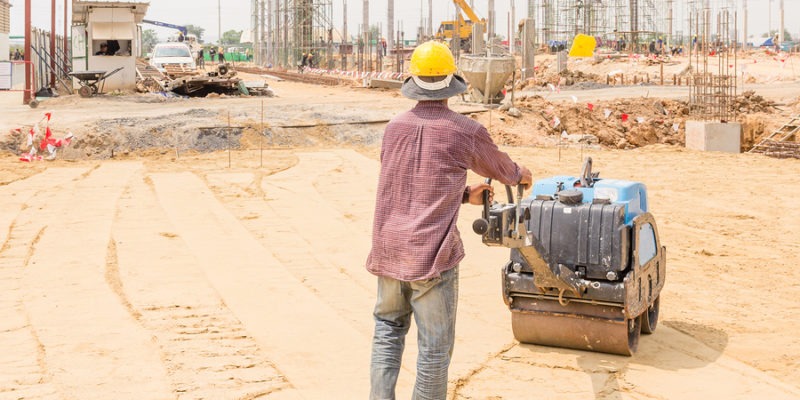Ginger Adams Otis
NEW YORK DAILY NEWS
Thursday, September 21, 2017, 2:41 PM
A Midtown construction company accused of creating a bogus business to avoid union wages and union benefit payments has to cough up $76 million to the workers it cheated.
In a decision with potentially far-reaching consequences for city developers, Manhattan Federal Court Judge Colleen McMahon found that Navillus Tile fraudulently invented an alter-ego company to try and get around collectively bargained agreements it had with several major city construction unions.
The company also had one of its legitimate offshoot businesses act as a Navillus stand-in on a job it wanted to do non-union, the ruling found.
The collusion also involved real estate giant Related, one of the city’s most prolific developers.
It knowingly engaged with one of the alter-ego companies on its Upper East Side luxury development on 92nd St., Judge McMahon’s ruling said.
In her scathing, 95-page ruling delivered late Thursday after a three-year court battle, McMahon said that Navillus’ founder, Donal O’Sullivan had “perjured himself” more than once and noted that another company principal was “obviously lying” in some testimony.
…
The $76 million in back wages and contributions to health, pension and general welfare funds will be split between the Metal Lathers Local 46, Cement and Concrete Workers District Council, Cement Masons Local 780, the District Council of Carpenters and Teamsters Local 282.
They came together in 2014 to launch the complicated lawsuit against Navillus Tile, which had signed collective-bargaining agreements with all of them for a variety of jobs on construction sites.





